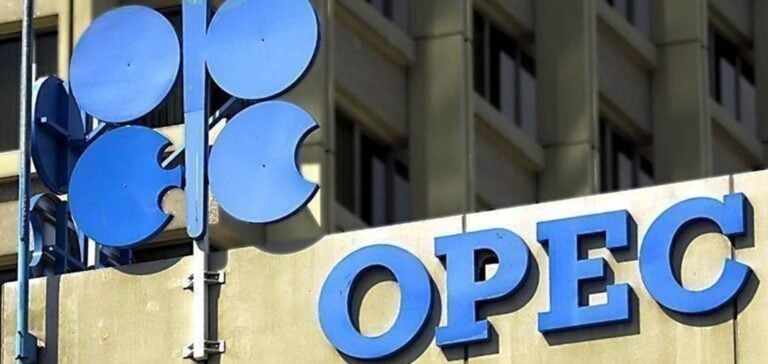In July 2024, OPEC+ recorded an overproduction of 437,000 barrels per day (b/d), reaching a total of 41.03 million b/d, according to the S&P Global Commodity Insights report.
This marks the biggest monthly increase in production in almost a year, fueled by significant quota overruns by Iraq, Russia and Kazakhstan.
Although these countries had agreed to compensation plans to reduce their production, the results show a lack of compliance with the commitments made, posing a major risk to oil market balance.
Iraq, one of the main contributors to this overproduction, exceeded its quota by 400,000 b/d, reaching 4.33 million b/d.
Russia and Kazakhstan also continue to produce above their respective quotas, with significant deviations from their targets.
This overproduction is exacerbating market tensions, despite the fact that OPEC+ had initially planned a collective reduction of 2.2 million b/d until the end of the third quarter.
Economic pressures and impacts on oil prices
The overproduction comes at a time when oil prices are already under pressure, falling below $80 a barrel due to recession fears and weakened global demand, particularly in China and the USA.
The global oil market, which relies on a delicate balance between supply and demand, is thus faced with a situation where excess supply could lead to a further fall in prices.
OPEC+ members who fail to meet their quotas contribute to this volatility, making efforts to stabilize the market even more complex.
The outlook for OPEC+ darkens as demand remains uncertain, despite hopes of a recovery in the second half of the year.
The alliance’s ability to maintain its production reduction strategy and rapidly adjust supply levels will be crucial in the months ahead.
Decisions taken at the forthcoming meetings of the Joint Ministerial Monitoring Committee (JMMC) and at the December ministerial meeting will determine the future direction of the oil market.
Implications for the future of OPEC+.
Failure to meet production quotas raises questions about the effectiveness of compensation plans and cohesion within OPEC+.
The alliance, which has successfully stabilized oil prices in the past through coordinated production cuts, now faces a major challenge.
Persistent overproduction by some members threatens to undermine collective efforts, increasing risks for the future of the global oil market.
As OPEC+ prepares to adjust production from September onwards, pressure is mounting for the alliance to demonstrate greater discipline and strengthen its control mechanisms.
If left unresolved, differences between members on supply management could lead to a prolonged period of price instability, affecting not only the economies of producing countries, but the oil industry as a whole.






















